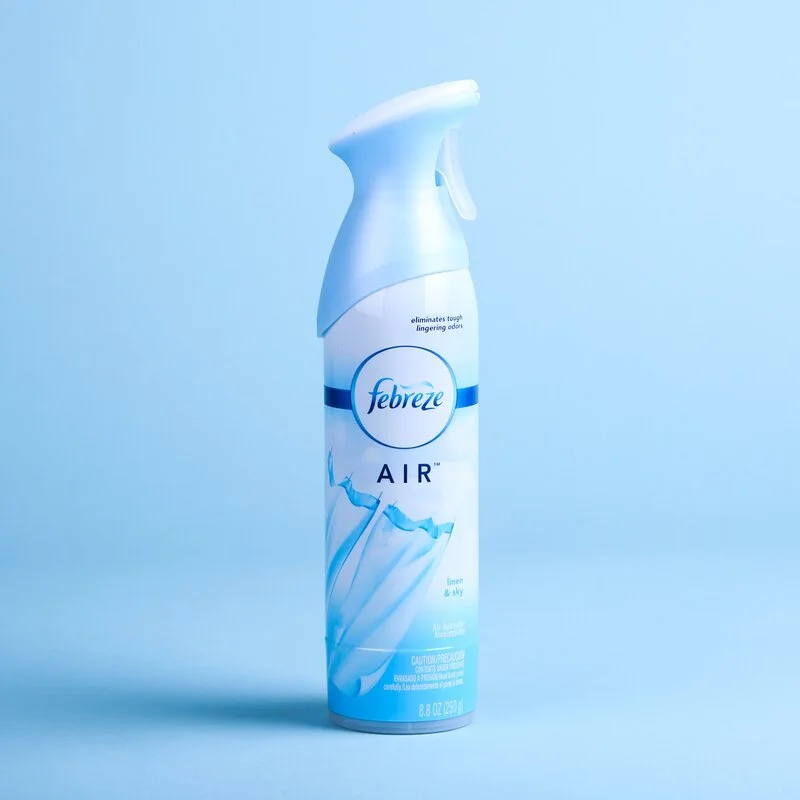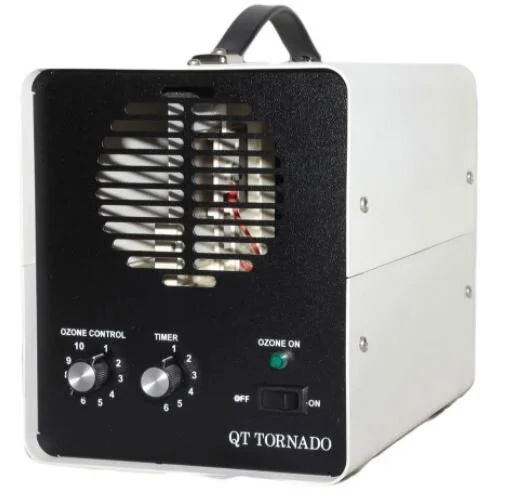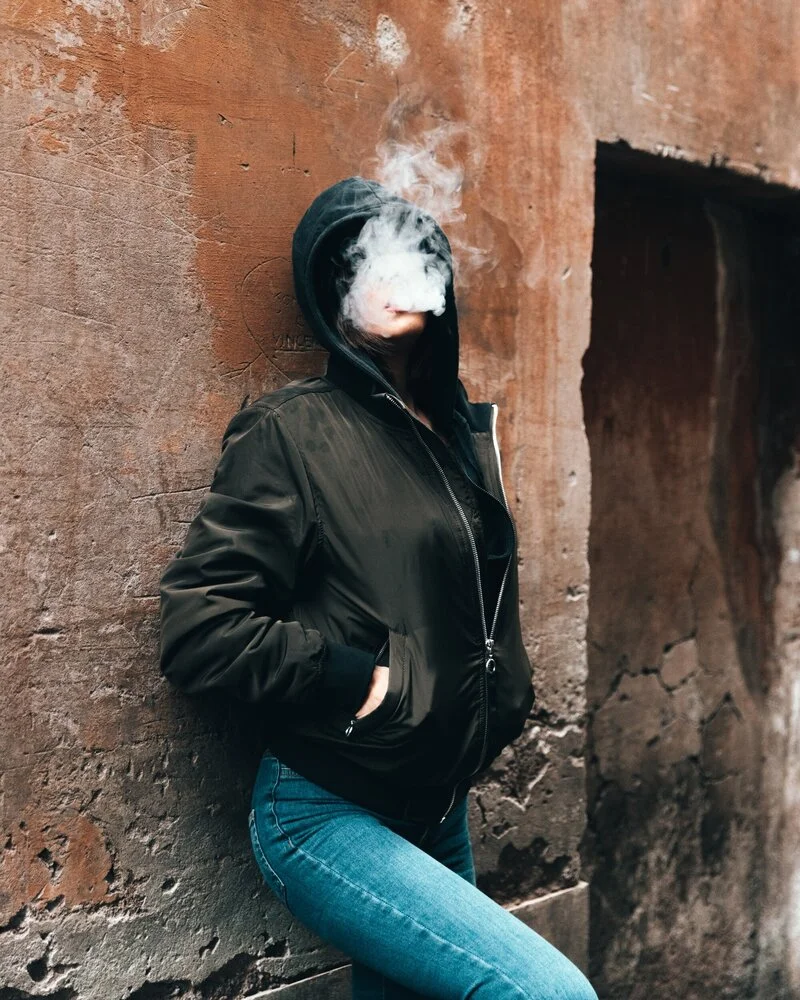Should you fine guests that smoke in your rooms?
Not without evidence and only if it prevents that room from being sold that night. Guests that vape generally don't present this problem. While I would strictly prohibit guests from smoking or vaping anything in your guest rooms, there isn't a really good way to know that someone was vaping unless the smell is overwhelming.
As Director of Lodging Operations, I used to instruct our housekeeping team to bring any smells or damages to my attention immediately - prior to cleaning. I didn't want the judgment call to be up to a staff member when it comes to fines as any guest disputes about them would likely bubble up to me anyway.
If there was damage to a guest room or smoke smells, I would assess the room personally, collect evidence in the form of pictures and apply the fine I deemed appropriate.
On one occasion, I was called down to a room that had been completely trashed. The TV had been smashed in, there were dents in the drywall, and there was blood in the shower - I can only assume from the guest punching the TV. The toilet paper holder had been ripped off the wall and the office chair had been stabbed and torn. The least of my worries was the cigarette butts in the toilet and the smell that permeated the air. It was clear no matter how much we cleaned this room, it wouldn't be guest-ready to sell that evening.
I instructed the staff to skip this room today and I contacted the police to file a report. After providing the police with the guest's information we had on file, I began to compile the hard cost of replacing and repairing the case goods. This was the most extreme circumstance of my career. We banned the guest, hanging his picture in the back office, and totaled the cost of repairs to be nearly a thousand dollars.
So how much should you fine a guest under, "normal" circumstances?
It's important that these consequences are clearly stated upfront. Whether you provide your smoking policy on your website or have guests initial next to your policies at check-in, it's always a good idea to be uniform and clear. We had so many complaints at one property I worked at that we placed a sign on the back of our monitors detailing our authorization policy and our resort fee.
Now that we have that established, I would consider your average nightly rate when determining the cost of smoking. Typically 50-75% of a standard room rate is a good rule of thumb. Most innkeepers just round to a good number, like seventy-five or one-hundred dollars.
That being said, you can charge people anything you want, within reason. I stayed at a property in Chicago for a wedding and they charged me ninety dollars just to park! What your fines and rates are is ultimately up to you. I never returned to that hotel again.



